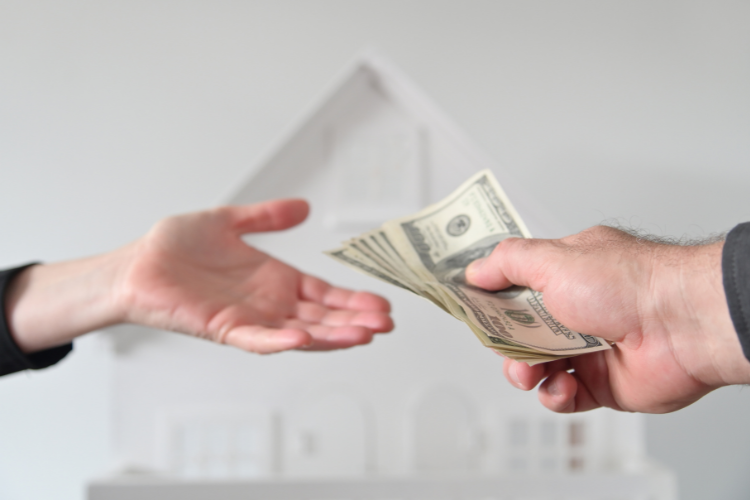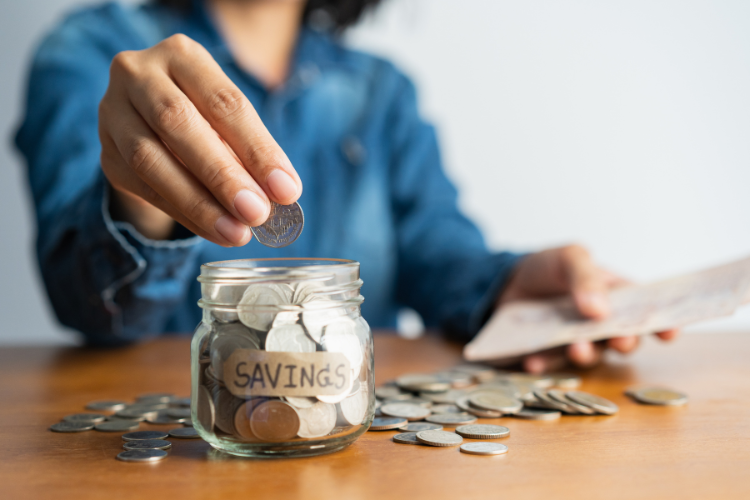6 Mistakes To Avoid When Paying Off Credit Cards
Nobody likes carrying around credit card debt, but sometimes you just end up owing some money. When that happens, there’s always a way to pay it off, even if it might take longer than you want it to. On average, U.S. credit card balances rose by $13 billion in 2019, and they continue to rise every year.
That means it’s in your best interest to start putting a dent in the amounts that are costing you interest every month. Here are the most common mistakes you should avoid when paying off your credit cards.

Not Setting a Budget
In the same way that not having a set schedule can lead to not getting much done, the same rules apply to paying off debt. As good as your intentions may be, without a plan, it’s near impossible to get into the clear in a reasonable amount of time.
That’s where a budget comes in. Instead of blowing your money on things you don’t need, start by creating a monthly budget to see where you could be overspending, and use that extra money towards paying off your debt.

Replacing Debt With a Personal Loan
Don’t assume that replacing credit card debt with a personal loan can’t be helpful. Depending on the interest rate, it could save you quite a bit of money.
For example, if you had $5,000 in debt, and committed to paying off $400 per month, with an interest rate of 17%, it would take you 14 months and cost $542 in interest. On the other hand, a low-interest loan at 4% could let you pay off that same debt a month earlier, and also only pay $116 in interest, saving you $426.
Refusing Help
If you’re starting to feel overwhelmed because you’ve tried everything you can think of, or if you’re paralyzed by fear, you should consider speaking to a professional.
Credit counselors have the skills to review your current debt and make the most informed recommendations on how to pay it off. They can do this through many different avenues, depending on what works best for you.

Only Focusing on Saving
After you’ve reduced expenses, if you’re still unable to make your payments, consider that you need to evaluate how much money you have coming in.
Finding a side gig or part-time job can help you pay off your debt faster, and relieve some of the pressure of only having a single income stream. That extra income adds up fast, especially when you’ve already cut unnecessary expenses.
Ignoring Residual Interest
If you have enough to pay off the remaining balance on your credit card, you should do so, but still keep in mind there may be residual interest.
Unpaid residual interest can continue to accrue, and your debt will once again increase. So, it’s important to double-check that there’s no remaining balance once you believe you’ve paid off your card. Not to mention that there will also be late fees added to that.
Forgetting Your Future
As important as paying off debt is, so is your future. You shouldn’t have to put every last dime into repaying your debts. If that’s the case, you’ll be unprepared for emergency expenses, or have nothing left to invest. Those investments could set you up for a more stable financial future, especially after they’ve gained compound interest over time.
Once you’ve made the last payment, allow yourself to celebrate your success. After that, you should make a point of sticking to your new and healthier money habits to avoid falling back into debt. No need to make the same mistake twice.
